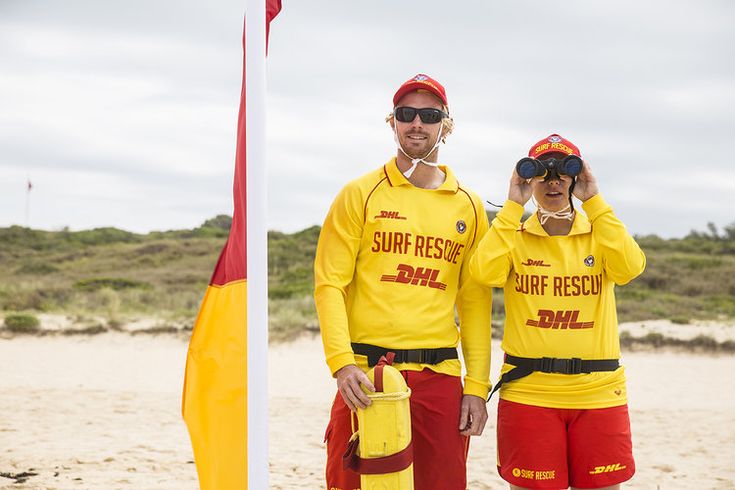In a bustling city like Singapore, where the sun shines brightly and the waters beckon, lifeguards play a crucial role in ensuring the safety of beachgoers and swimmers alike. With an increasing emphasis on water safety, obtaining a lifeguard certification has never been more important lifeguard singapore. Whether you’re looking to pursue a career in this field or simply want to enhance your skills, understanding the various lifeguard certifications available in Singapore can set you on a rewarding path.

Why Become a Lifeguard?
Becoming a certified lifeguard is about more than just wearing a red swimsuit and enjoying the sun. It’s about responsibility, vigilance, and the ability to make quick decisions in emergencies. Here are a few reasons why becoming a lifeguard is worthwhile:
- Essential Skills: Lifeguards are trained in CPR, first aid, and emergency response techniques. These skills are invaluable, not just at the pool or beach but in everyday life.
- Career Opportunities: With certification, you can work at various locations, including public pools, beaches, and water parks. Many lifeguards also use their experience to move into roles in recreation management, fitness training, or water safety education.
- Community Contribution: Lifeguards play a vital role in keeping communities safe. By ensuring the safety of others, you contribute positively to the wellbeing of your community.
Types of Lifeguard Certifications in Singapore
Singapore offers several certifications tailored to different environments and levels of expertise. Here are the primary certifications you might consider:
1. National Lifeguard Award (NLA)
Offered by the Singapore Lifesaving Society, the NLA is one of the most recognized certifications in the country. It covers:
- Basic water rescue skills
- CPR and first aid
- Lifesaving techniques specific to pool and open water environments
The course includes both theory and practical sessions, ensuring you are well-prepared for real-life scenarios.
2. Pool Lifeguard Course
If you aim to work specifically in swimming pools, the Pool Lifeguard Course provides targeted training for pool environments. This certification focuses on:
- Monitoring swimmers
- Preventing accidents
- Responding to emergencies unique to pool settings
3. Beach Lifeguard Course
For those interested in lifeguarding at Singapore’s beaches, the Beach Lifeguard Course is tailored for open water situations. It includes training in:
- Ocean rescue techniques
- Beach safety protocols
- Managing beach-specific hazards
4. Advanced Lifeguard Training
For lifeguards looking to enhance their skills, advanced courses are available. These courses often cover:
- Advanced rescue techniques
- Emergency management
- Leadership skills
The Certification Process
The certification process generally involves:
- Eligibility Requirements: Most courses require candidates to be at least 16 years old and possess basic swimming skills.
- Training Sessions: Courses typically last several days and combine theoretical knowledge with practical exercises.
- Assessment: Participants must pass a series of tests, including swimming proficiency, rescue scenarios, and written exams.
- Certification Validity: Most certifications are valid for two to three years, after which recertification is required to ensure skills are up-to-date.
The Importance of Lifeguard Training
Training doesn’t end with certification. Lifeguards must regularly refresh their skills and stay informed about the latest safety protocols. Continuous education is vital for maintaining a high standard of safety and effectiveness.
Conclusion
Obtaining a lifeguard certification in Singapore is more than just a credential; it’s a commitment to safety and community welfare. Whether you’re considering this path as a profession or simply want to be better prepared for emergencies, the training you receive will equip you with invaluable skills.
